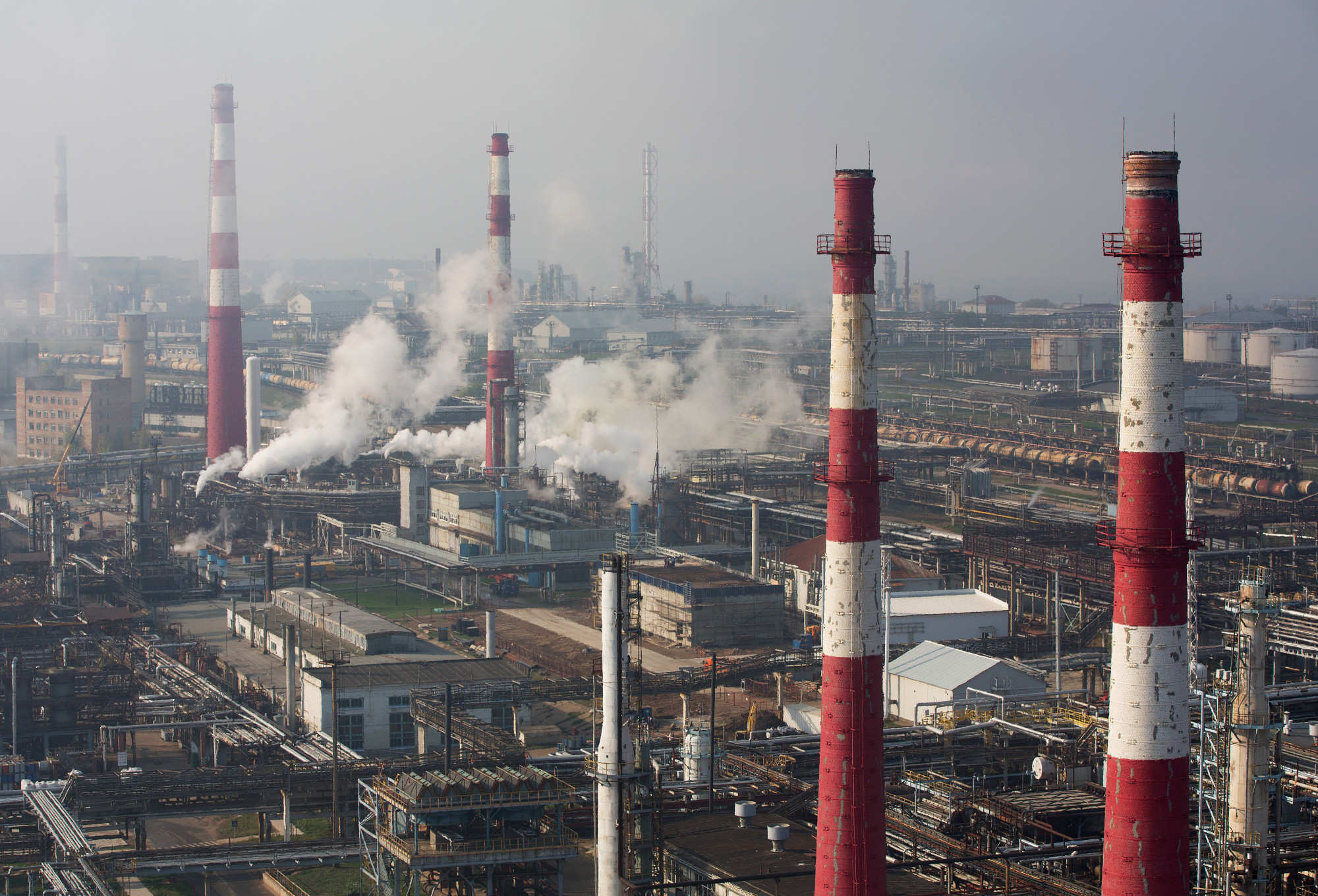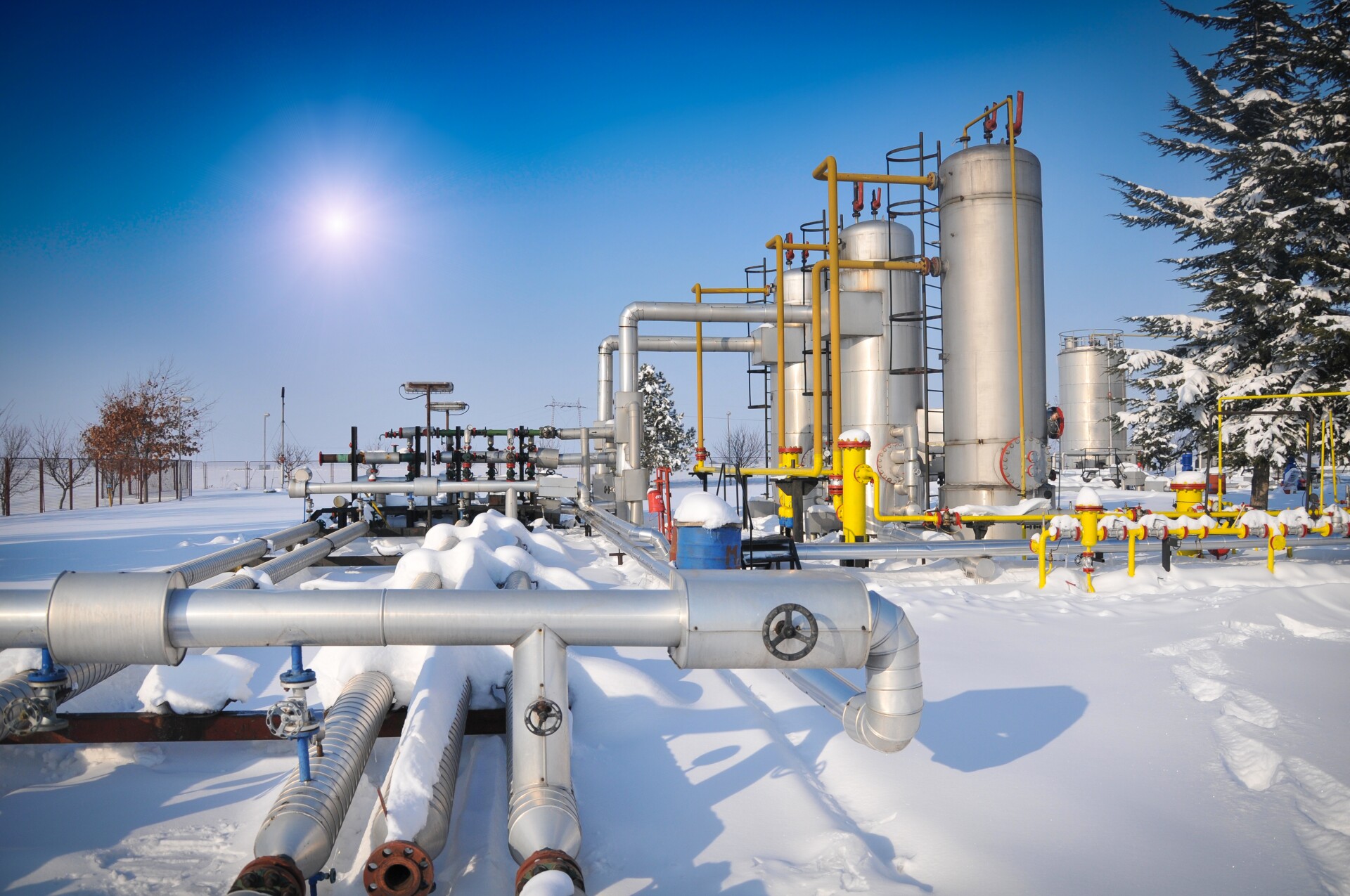
When Lukoil engineers found a damaged turbine at its largest refinery on January 4, it represented a major downside. Positioned on the NORSI refinery alongside the Volga, the damaged unit, which is essential for gasoline manufacturing, wanted pressing consideration.
The experience wanted for the restore lay with an American firm, UOP, which withdrew from Russia after the Ukrainian invasion in 2022.
The shortage of spare components and experience led to a halt in manufacturing of the catalytic cracker, accountable for changing hydrocarbons into gasoline.


With the refinery’s gasoline manufacturing lower by 40%, broader issues inside Russia’s power sector are being highlighted. Western sanctions had restricted entry to key applied sciences and experience, exacerbating the challenges Russian oil firms confronted.
The state of affairs worsened with Ukrainian drone assaults on Russian refineries, additional hampering manufacturing.
These assaults, mixed with the lack of know-how and spare components, crippled vital components of Russia’s refining capability, impacting gas provides each domestically and internationally.
Efforts to renew operations on the broken NORSI amenities have encountered hurdles, with Lukoil estimating losses at practically $100 million monthly. The challenges underscored Russia’s power vulnerability amid geopolitical tensions and sanctions.
Though Deputy Prime Minister Alexander Novak assured that broken amenities could be operational once more inside a number of months, uncertainties loomed over the timeline and effectiveness of repairs.


In the meantime, worldwide firms resembling ABB and UOP stopped working in Russia after the sanctions, indicating a broader pattern of withdrawal from the Russian market.
As Russia grappled with refinery disruptions, questions arose in regards to the nation’s power safety and resilience within the face of geopolitical and financial pressures.
The unrest highlighted the interconnectedness of worldwide power markets and the affect of geopolitical tensions on power infrastructure and provide chains.



